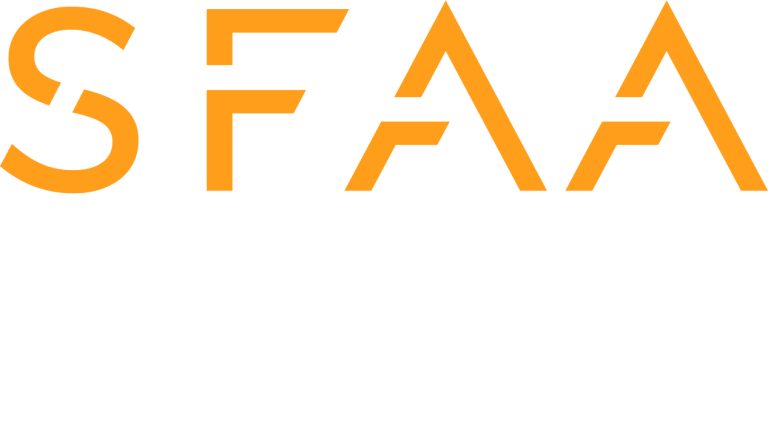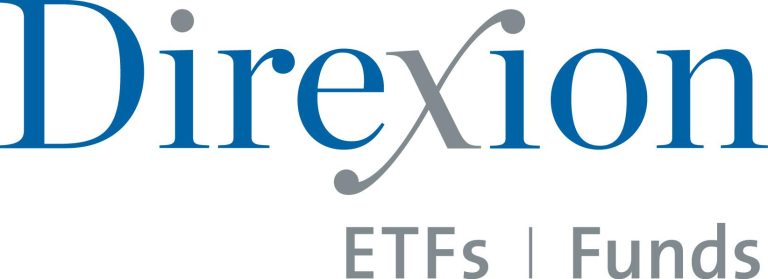
We adhere to strict standards of editorial integrity to help you make decisions with confidence. Some or all links contained within this article are paid links.
Sometimes what leaders don’t say speaks the loudest. So, when U.S. President Donald Trump refused to rule out a recession amid a wave of price-increasing tariffs and stubborn inflation, it sent a clear message: economic pain might be part of the plan, whether America wants it or not.
“I hate to predict things like that,” Trump said when asked by Fox News host Maria Bartiromo about a recession in a March interview. “There is a period of transition because what we’re doing is very big. We’re bringing wealth back to America. That’s a big thing … it takes a little time, but I think it should be great for us."
Don’t miss
- I’m 49 years old and have nothing saved for retirement — what should I do? Don’t panic. Here are 5 of the easiest ways you can catch up (and fast)
- Gain potential quarterly income through this $1B private real estate fund — even if you’re not a millionaire. Here’s how to get started with as little as $10
- You’re probably already overpaying for this 1 ‘must-have’ expense — and thanks to Trump’s tariffs, your monthly bill could soar even higher. Here’s how 2 minutes can protect your wallet right now
That framing has hit a nerve. After all, recessions are more than abstract economic concepts: They mean job losses, tightened budgets and financial stress for millions. Here’s how to protect yourself.
Diversify your investments — smartly
If recession fears become reality, diversified investments can shield your savings from significant losses. Rather than placing all your financial eggs into one basket, consider spreading your assets across multiple investment types.
Gold
Gold is often seen as a ‘safe haven’ investment during times of economic volatility. For starters, that’s because it holds physical value. Just like any other investment, gold’s had its ups and downs, but in the long run it’s proven its weight.
Priority Gold offers a straightforward way of investing through a precious metal IRA, with options to buy and hold gold or silver in your account.
It comes with a simple and quick account setup process when you open an account by phone. If you’d like to convert an existing IRA into a gold IRA, Priority Gold also offers 100% free rollover, as well as free shipping, and free storage for up to five years.
Qualifying purchases will even receive up to $10,000 in free silver.
Alternative assets
Art has a low correlation with stocks and bonds, which helps with diversification. But it’s not without drawbacks: fine art is an illiquid, high-risk asset whose value can be influenced by shifting tastes, trends and the art world’s inner circle. It also requires proper storage, insurance and care — adding to the cost and complexity.
Investing in art was traditionally a privilege reserved for the ultra-wealthy.
Now, that’s changed with Masterworks — a platform for investing in shares of blue-chip artwork by renowned artists, including Pablo Picasso, Jean-Michel Basquiat and Banksy. They charge a 1.5% annual management fee and receive 20% of the profit when a painting sells.
It’s easy to use, and there have been 23 successful exits to date that have distributed roughly $61 million back to investors.
Simply browse their impressive portfolio of paintings and choose how many shares you’d like to buy. Masterworks will handle all the details, making high-end art investments both accessible and effortless.
New offerings have sold out in minutes, but you can skip their waitlist here. See important Regulation A disclosures at Masterworks.com/cd.
Read more: Want an extra $1,300,000 when you retire? Dave Ramsey says this 7-step plan ‘works every single time’ to kill debt, get rich in America — and that ‘anyone’ can do it
Trim non-essential spending and build savings
In booming economies, it’s easy to overlook how quickly unnecessary expenses add up. When recession risks loom, now is the time to ruthlessly assess your spending habits.
Audit your budget
Go line by line and identify subscriptions, services or discretionary purchases you can either downgrade or eliminate entirely. Even essentials, like insurance, can cost less when you compare your options.
OfficialCarInsurance.com makes that process easier than ever. They’ll ask you some quick questions that help determine your insurance, then sort through leading insurance companies in your area, ensuring you find the lowest rate possible. The process is 100% free and won’t affect your credit score.
Let’s be realistic, though. You can’t cut back on everything. But with automated investing platforms, you’re saving every time you’re spending.
Acorns, for example, rounds up every purchase on your credit or debit card up to the nearest dollar and invests the change in a smart investment portfolio.
This way, the most essential spending translates to money saved for the future. Sign up now and you can get a $20 bonus investment.
Boost your emergency savings
Aim to build a safety net of three to six months’ living expenses. Cash reserves offer a vital buffer, keeping you afloat if your income is reduced or interrupted during a recession.
Putting that money into a flexible, high-interest account can help make it work harder in the background.
For example, you can open a high-yield checking and savings account with SoFi and earn up to 3.80% APY. Plus, SoFi charges no account, monthly or overdraft fees.
The best part? You can get up to $300 when you sign up with SoFi and set up a direct deposit.
Prioritize paying down high-interest debt
High-interest debt can become crushing when economic conditions tighten. As borrowing rates spike during a recession, carrying significant debt can rapidly spiral out of control. Therefore, prioritizing debt repayment now is a critical protective step.
If possible, consider refinancing high-interest loans into lower-interest options, reducing your monthly payments and overall debt burden.
One way to start regaining control is by tapping into your home’s equity through a Home Equity Line of Credit (HELOC). A HELOC is a secured line of credit that leverages your home as collateral.
Depending on the value of your home and the remaining balance on your mortgage, you may be able to borrow funds at a lower interest rate from a lender as a form of revolving credit.
LendingTree’s marketplace connects you with top lenders offering competitive HELOC rates. Instead of going through the hassle of shopping for loans at individual banks or credit unions, LendingTree lets you compare multiple offers in one place.
What to read next
- Millions of Americans now sit on a stunning $35 trillion in home equity — here’s 1 new way to invest in responsible US homeowners while targeting a 14%-17% IRR
- Robert Kiyosaki warns of a ‘Greater Depression’ coming to the US — with millions of Americans going poor. But he says these 2 ‘easy-money’ assets will bring in ‘great wealth’. How to get in now
- Here are 5 ‘must have’ items that Americans (almost) always overpay for — and very quickly regret. How many are hurting you?
This article provides information only and should not be construed as advice. It is provided without warranty of any kind.


